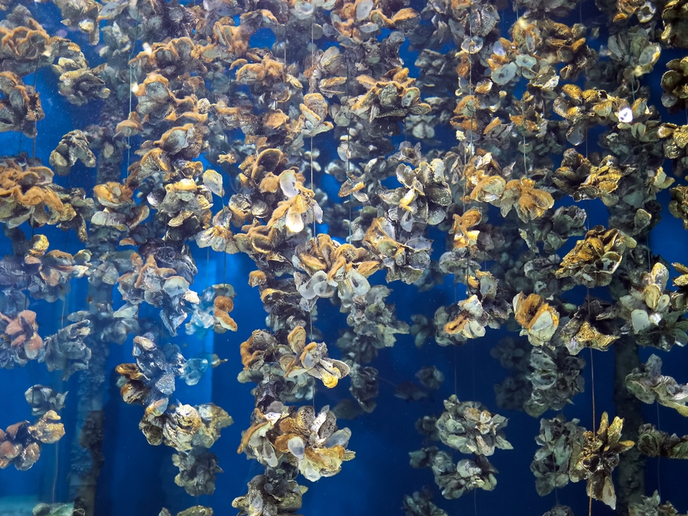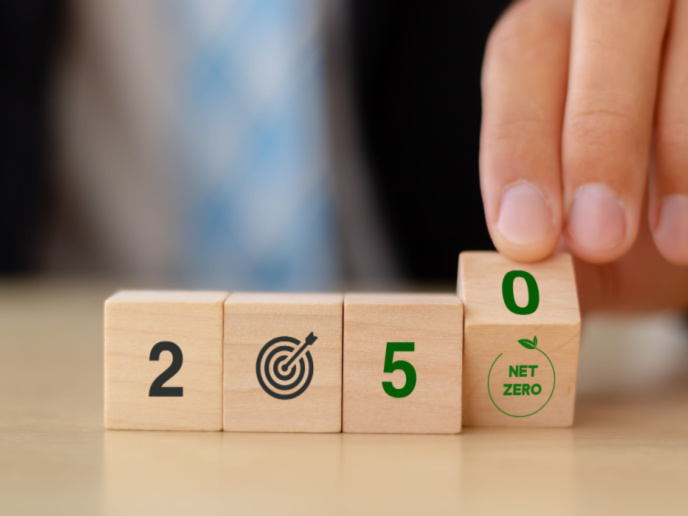Energy Cat helps you see the financial benefits of virtual energy efficient decisions
Energy poverty, the financial inability to maintain indoor thermal comfort, affects between 50 and 125 million European residents(opens in new window). Reducing energy consumption and associated emissions is thus not only important for the health of our planet but also the financial well-being of its inhabitants. The EU-funded EnerGAware(opens in new window) project targeted reducing the energy consumption of low-income households by encouraging behavioural change through a fun and informative game, Energy Cat: The House of Tomorrow(opens in new window).
Nine lives and full of energy
Gamification aims to enhance user engagement and ultimately behavioural modification through learning that is fun and interactive. Its application to energy conservation is an emerging field and EnerGAware is at the forefront. Energy Cat(opens in new window) seeks a comfortable and energy-efficient dwelling and advises its human housemates when they make poor choices. Social media features enable users to share achievements and knowledge and form virtual energy communities. The game was piloted in a low-income social housing(opens in new window) community in the UK. Miquel Casals, project coordinator and professor at the Technological University of Catalonia-Barcelona Tech(opens in new window), explains: “The player’s main objective is to reduce household energy consumption to accumulate energy points (corresponding to money). Energy points allow progress in the game, including unlocking decorative and energy-saving items and upgrades.” These increase human happiness, leading to higher productivity and greater earnings. ‘Money’ is also hidden in the house to encourage players to play daily and to check rooms for bad energy ‘behaviour’. Virtual energy savings were calculated by building performance simulation using dynamic thermal simulation software, DesignBuilder powered by the EnergyPlus simulation engine(opens in new window). Smart metering systems measured the actual energy consumption in the real homes. Real energy savings also enabled progression in the serious game.
Moving forward, inspiring change
The Energy Cat serious game led to an average electricity savings of 3.5 % and an average gas savings of 7.5 %. Analysis at mid-trial showed higher engagement in energy-saving behaviours and higher energy savings, so scientists are now addressing improvements to maintain interest over time. Casals explains: “Responses to a final survey and interviews highlighted a potential role of age, education and ICT skills in decreased engagement. Although these parameters were considered at the outset, future versions will enhance support and instructions and reduce game complexity.” The EnerGAware serious game(opens in new window) was presented as a climate solution during COP21(opens in new window), also known as the 2015 Paris Climate Conference, and at many other energy and sustainability events. It can be found along with other games for energy and smart homes by Fremencorp(opens in new window). Casals concludes: “EnerGAware demonstrates that vulnerable members of society can reduce their energy consumption using ICT. Our game allows citizens to increase their understanding and awareness of energy saving options in residential buildings through successfully balancing energy consumption, comfort and financial cost. By changing users’ behaviour, the game contributes to reducing fuel poverty with minimal individual investment.” Replication of the pilot with the support of national and/or regional energy agencies could help ensure the game is useful and enjoyable regardless of geographic location or socioeconomic environments. If distributed freely by energy providers to energy customers as part of the European smart meter roll-out, the impact on overall energy consumption could be significant.







